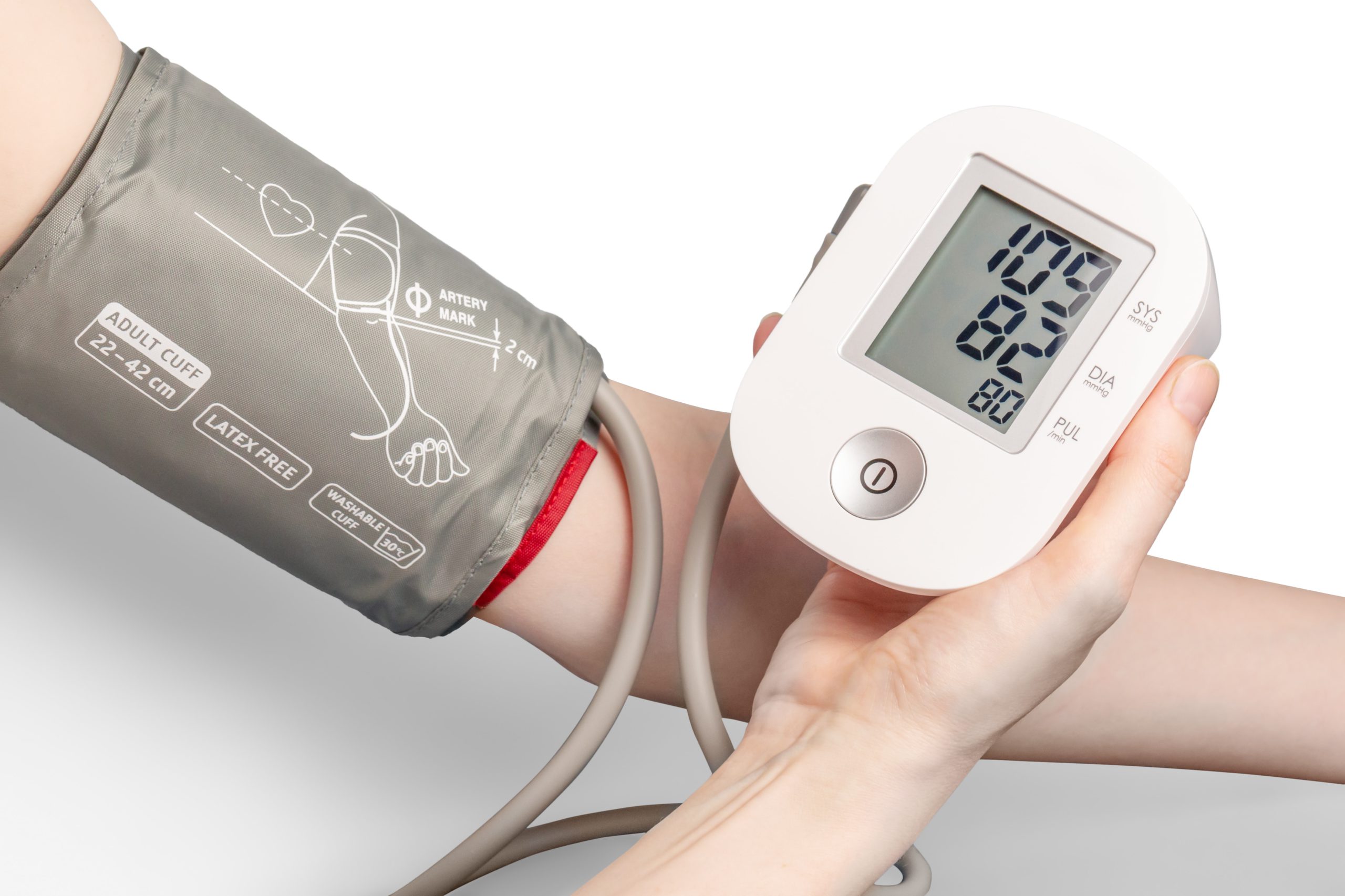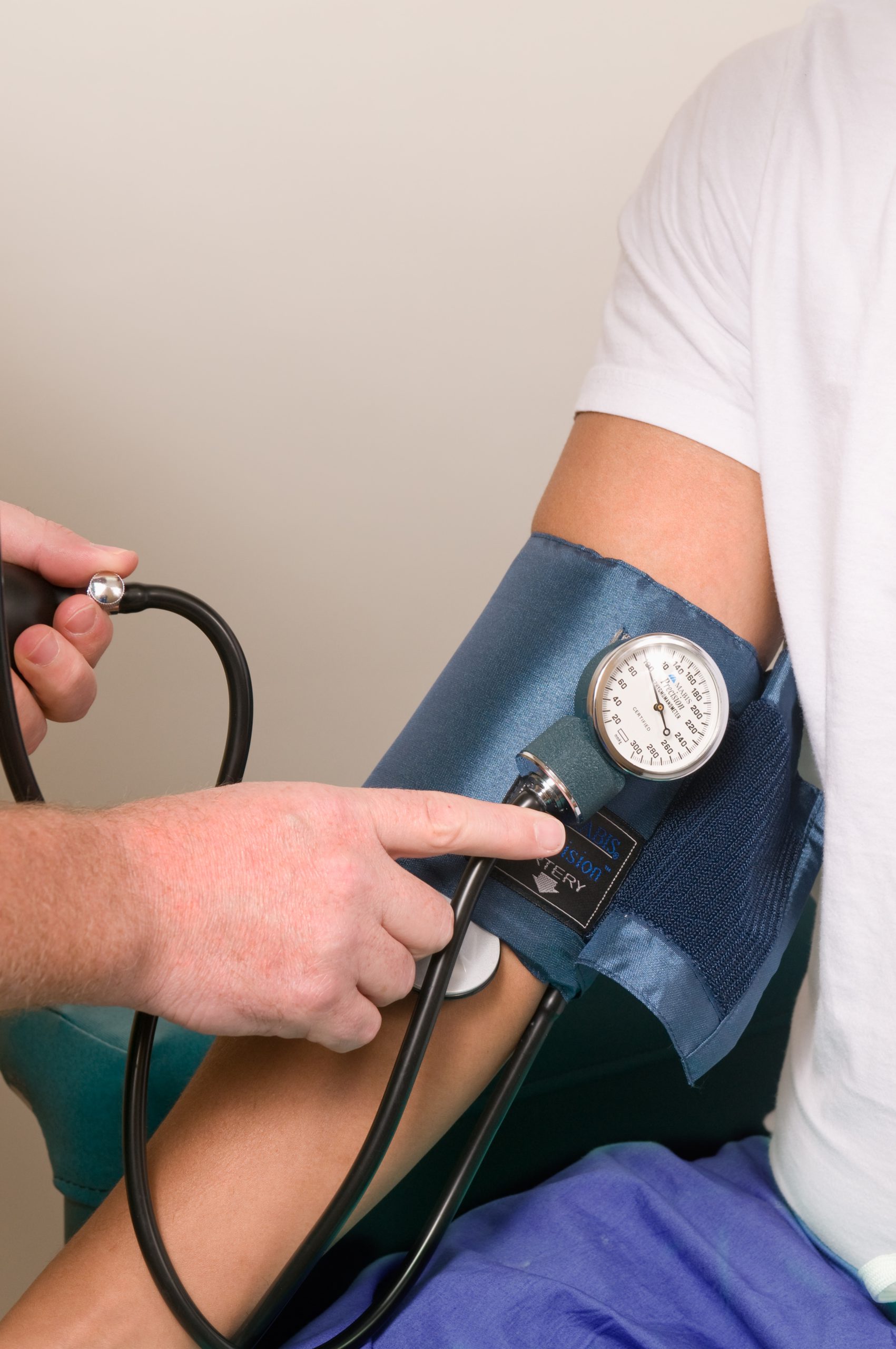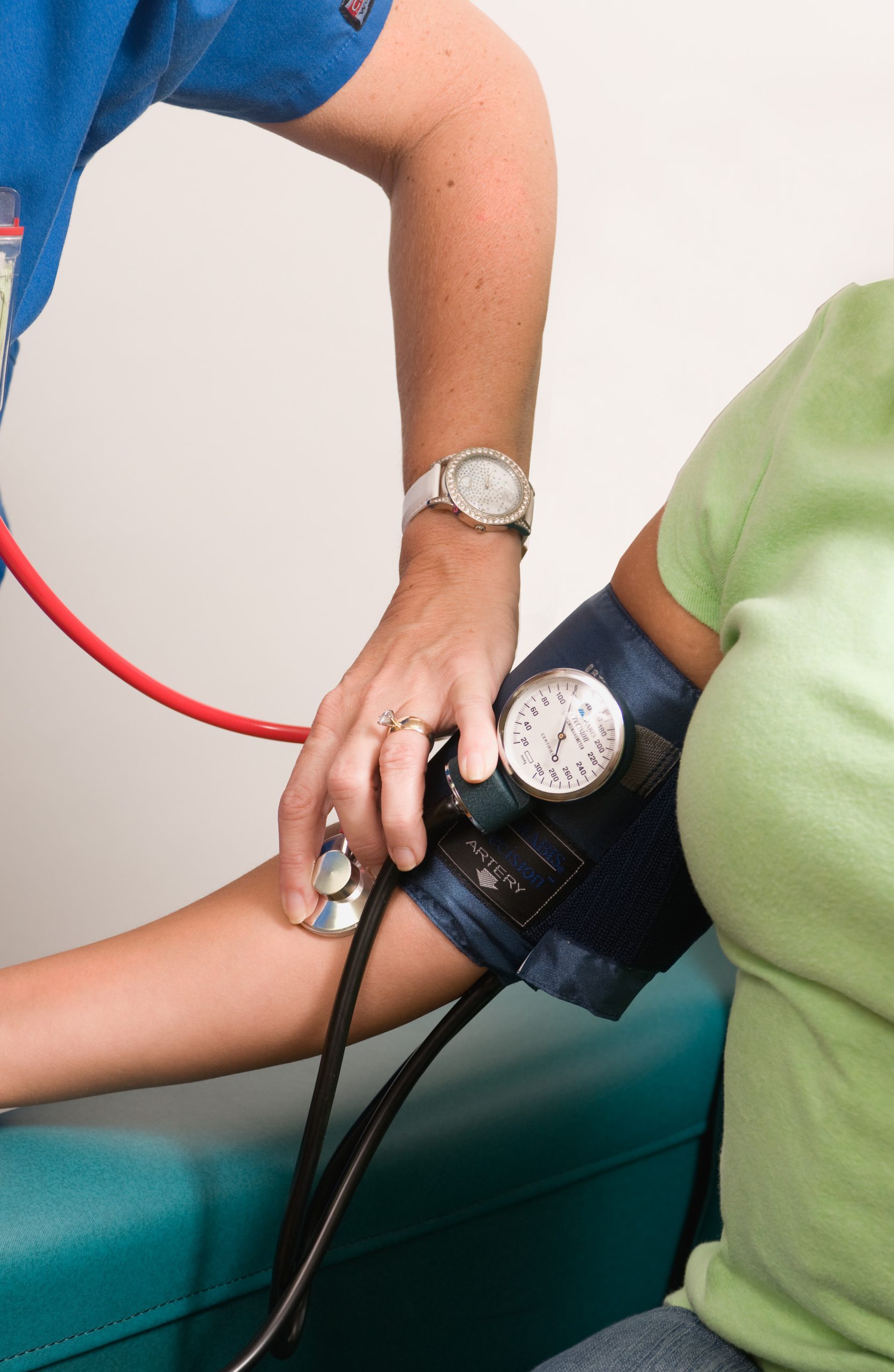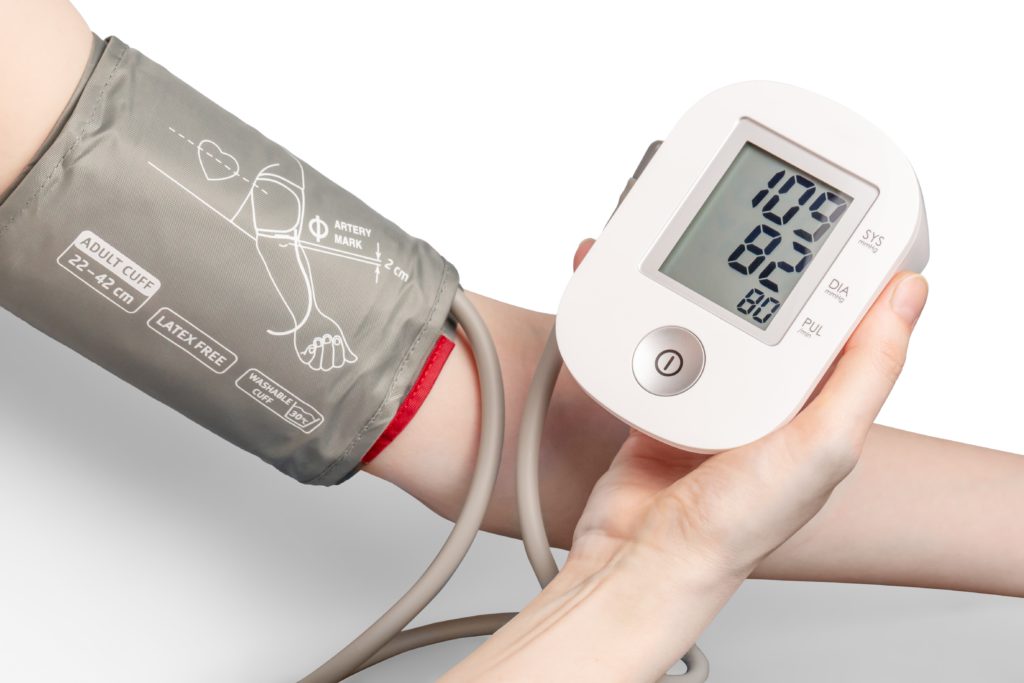Did you know that pea, short for palmitoylethanolamide, is a naturally occurring fatty acid amide that has gained attention for its potential therapeutic properties? It’s not a traditional pharmaceutical drug, but rather a compound that might have health benefits, particularly in managing chronic pain and inflammation. But here’s the question: does pea raise blood pressure? Let’s dive into this topic and explore whether there is any correlation between pea consumption and blood pressure levels.
What is Palmitoylethanolamide (PEA)?
Definition of PEA
Palmitoylethanolamide (PEA) is a naturally occurring fatty acid amide that belongs to the family of endocannabinoids. It was first isolated from soybean lecithin in the 1950s and has since gained attention for its potential therapeutic properties. PEA is synthesized in various tissues of the body, especially in response to inflammation and pain, and is thought to play a role in modulating the immune response and promoting homeostasis.
Origin and discovery of PEA
PEA was first discovered in the 1950s when it was isolated from soybean lecithin. It was later identified as a naturally occurring compound in various tissues of the body. Since its discovery, researchers have been studying its potential therapeutic properties and exploring its role in different physiological processes.
Role of PEA in the body
PEA is believed to play a crucial role in modulating the immune response and promoting homeostasis in the body. It is synthesized in response to inflammation and pain, acting as a regulatory molecule to manage these processes. PEA is also thought to have neuroprotective effects and can influence various physiological systems in the body, including the nervous, immune, and endocannabinoid systems.
PEA as a nutraceutical or dietary supplement
PEA is often referred to as a “nutraceutical” or a “dietary supplement” due to its status as a naturally occurring compound. It is not considered a traditional pharmaceutical drug but rather a compound that might have health benefits, especially in the context of managing chronic pain and inflammation. Many individuals choose to supplement with PEA to support their overall well-being and maintain a healthy balance within their bodies.
Understanding Blood Pressure
Definition of blood pressure
Blood pressure refers to the force exerted by the circulating blood against the walls of blood vessels. It is measured in millimeters of mercury (mmHg) and is expressed in two numbers – systolic pressure over diastolic pressure. The systolic pressure represents the force exerted on the arterial walls when the heart contracts, while diastolic pressure represents the force exerted when the heart is at rest between beats.
Importance of maintaining healthy blood pressure
Maintaining healthy blood pressure levels is crucial for overall well-being. High blood pressure, also known as hypertension, can put excessive strain on the heart, blood vessels, and other organs. Persistent hypertension can increase the risk of cardiovascular diseases, such as heart attacks, strokes, and kidney diseases. On the other hand, low blood pressure, or hypotension, can lead to insufficient blood flow to vital organs, resulting in dizziness, fainting, and other complications.
Factors impacting blood pressure
Several factors can influence blood pressure levels, including lifestyle choices, genetics, stress levels, age, and underlying medical conditions. Factors such as excessive sodium intake, smoking, sedentary lifestyle, obesity, and high alcohol consumption may contribute to the development of hypertension. The body’s natural regulatory mechanisms, such as the renin-angiotensin-aldosterone system and the autonomic nervous system, also play a role in maintaining blood pressure within a healthy range.

PEA and its Effects on Blood Pressure
Studies on the relationship between PEA and blood pressure
Several studies have investigated the potential relationship between PEA and blood pressure management. These studies have explored the effects of PEA supplementation on both systolic and diastolic blood pressure levels in various populations and conditions.
Research findings indicating PEA’s effect on blood pressure
Some research findings suggest that PEA supplementation may have positive effects on blood pressure levels. For example, a study published in the European Journal of Preventive Cardiology found that PEA supplementation significantly reduced both systolic and diastolic blood pressure in patients with hypertension. Another study published in the Journal of Hypertension showed that PEA treatment reduced blood pressure in spontaneously hypertensive rats.
Potential mechanisms through which PEA may affect blood pressure
The precise mechanisms through which PEA may affect blood pressure are not yet fully understood. However, it is believed that PEA’s anti-inflammatory and neuroprotective properties may contribute to its potential blood pressure-lowering effects. Additionally, PEA may modulate the endocannabinoid system, which plays a role in regulating blood pressure. Further research is needed to fully elucidate these mechanisms and better understand the relationship between PEA and blood pressure regulation.
Benefits of PEA
Overview of potential therapeutic properties of PEA
PEA is known for its potential therapeutic properties in managing various health conditions. It has been studied for its analgesic, anti-inflammatory, neuroprotective, and immunomodulatory effects. PEA’s ability to modulate the immune response and promote homeostasis in the body may contribute to its potential therapeutic benefits.
PEA’s role in managing chronic pain and inflammation
One of the key areas of interest in PEA research is its role in managing chronic pain and inflammation. Studies have shown that PEA can alleviate pain and reduce inflammation by targeting specific receptors and pathways involved in pain signaling. PEA’s ability to reduce the release of pro-inflammatory molecules and inhibit mast cell activation may contribute to its analgesic and anti-inflammatory effects.

Potential Risks and Side Effects
Safety considerations regarding PEA use
PEA is generally considered safe for consumption and is well-tolerated by most individuals. It is a naturally occurring compound in the body and is found in various dietary sources. However, as with any supplement or medication, it is always advisable to consult with a healthcare professional before starting PEA supplementation, especially if you have any underlying medical conditions or are taking other medications.
Possible side effects of PEA consumption
PEA is generally well-tolerated, and few side effects have been reported. However, some individuals may experience mild gastrointestinal symptoms, such as nausea, diarrhea, or stomach discomfort. These side effects are typically temporary and subside with continued use or by adjusting the dosage. If you experience any severe or persistent side effects, it is important to discontinue use and consult with a healthcare professional.
Interactions with other medications or conditions
While PEA is generally safe for consumption, it is always important to consider potential interactions with other medications or medical conditions. PEA may interact with certain medications, such as anticoagulants or antiplatelet drugs. Additionally, individuals with specific medical conditions, such as liver or kidney disorders, should exercise caution and consult with a healthcare professional before starting PEA supplementation.
Recommended Dosage of PEA
Optimal dosage for various conditions
The optimal dosage of PEA can vary depending on the specific condition being addressed. It is important to note that there is no standard dosage recommendation for PEA, and individual needs may vary. It is advisable to consult with a healthcare professional to determine the appropriate dosage based on your specific health needs and circumstances.
Guidelines for safe PEA consumption
When starting PEA supplementation, it is generally recommended to begin with a lower dosage and gradually increase it over time, based on individual tolerance and response. It is important to follow the instructions provided by the manufacturer or healthcare professional regarding dosage and administration. Regular monitoring and communication with a healthcare professional can help ensure safe and effective PEA consumption.

PEA and Blood Pressure Management
Implications of PEA’s effect on blood pressure for hypertension management
The potential blood pressure-lowering effects of PEA have significant implications for hypertension management. Hypertension is a prevalent condition characterized by elevated blood pressure, and its management typically involves lifestyle modifications and medications. While further research is needed to fully understand the relationship between PEA and blood pressure, PEA supplementation may represent a potential complementary therapy for individuals with hypertension. It is important to note that PEA should not be considered a substitute for medical treatment, and consultation with a healthcare professional is essential for proper management of hypertension.
PEA as a potential complementary therapy for hypertension
Given its anti-inflammatory, neuroprotective, and potential blood pressure-lowering effects, PEA may have a role as a complementary therapy for hypertension. Incorporating PEA supplementation into a comprehensive treatment plan that includes lifestyle modifications and prescribed medications may enhance blood pressure management efforts. However, it is crucial to consult with a healthcare professional before making any changes to your treatment plan and to ensure proper monitoring and guidance throughout the process.
Other Factors Influencing Blood Pressure
Diet and lifestyle modifications for blood pressure control
In addition to considering PEA supplementation and prescribed medications, adopting healthy lifestyle choices and dietary modifications can be instrumental in blood pressure control. Regular physical activity, maintaining a healthy weight, reducing sodium intake, managing stress levels, and limiting alcohol consumption are all key factors in promoting healthy blood pressure levels. A balanced diet rich in fruits, vegetables, whole grains, lean proteins, and low-fat dairy products can also support blood pressure management efforts.
Common medications that impact blood pressure
Several medications, both prescription and over-the-counter, can impact blood pressure levels. It is important to be aware of the potential effects of these medications and to work closely with a healthcare professional to monitor blood pressure and adjust medications as needed. Some common medications that can impact blood pressure include beta-blockers, diuretics, angiotensin-converting enzyme (ACE) inhibitors, calcium channel blockers, and nonsteroidal anti-inflammatory drugs (NSAIDs).
Conclusion
Palmitoylethanolamide (PEA) is a naturally occurring fatty acid amide that has gained attention for its potential therapeutic benefits. While research is ongoing, PEA supplementation has shown promise in various areas, including blood pressure management. Studies have suggested that PEA may have blood pressure-lowering effects, potentially through its anti-inflammatory, neuroprotective, and endocannabinoid-modulating properties. As with any supplement or medication, it is important to consult with a healthcare professional before starting PEA supplementation, especially if you have underlying medical conditions or are taking other medications. Additionally, maintaining a healthy lifestyle, including regular physical activity, a balanced diet, and stress management, is crucial for overall blood pressure control. Proper management of blood pressure should always be coordinated with a healthcare professional to ensure individual needs are addressed and monitored effectively.







